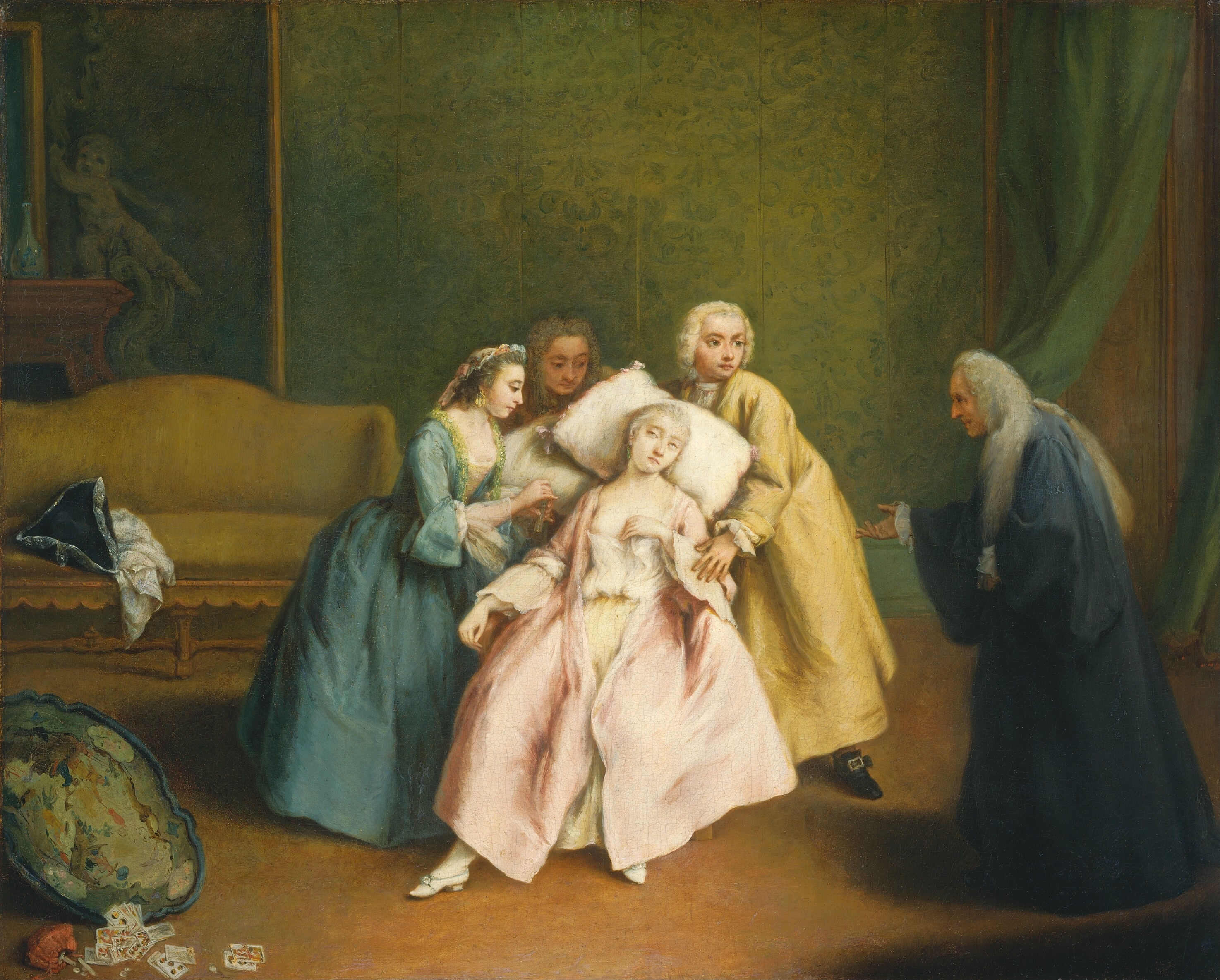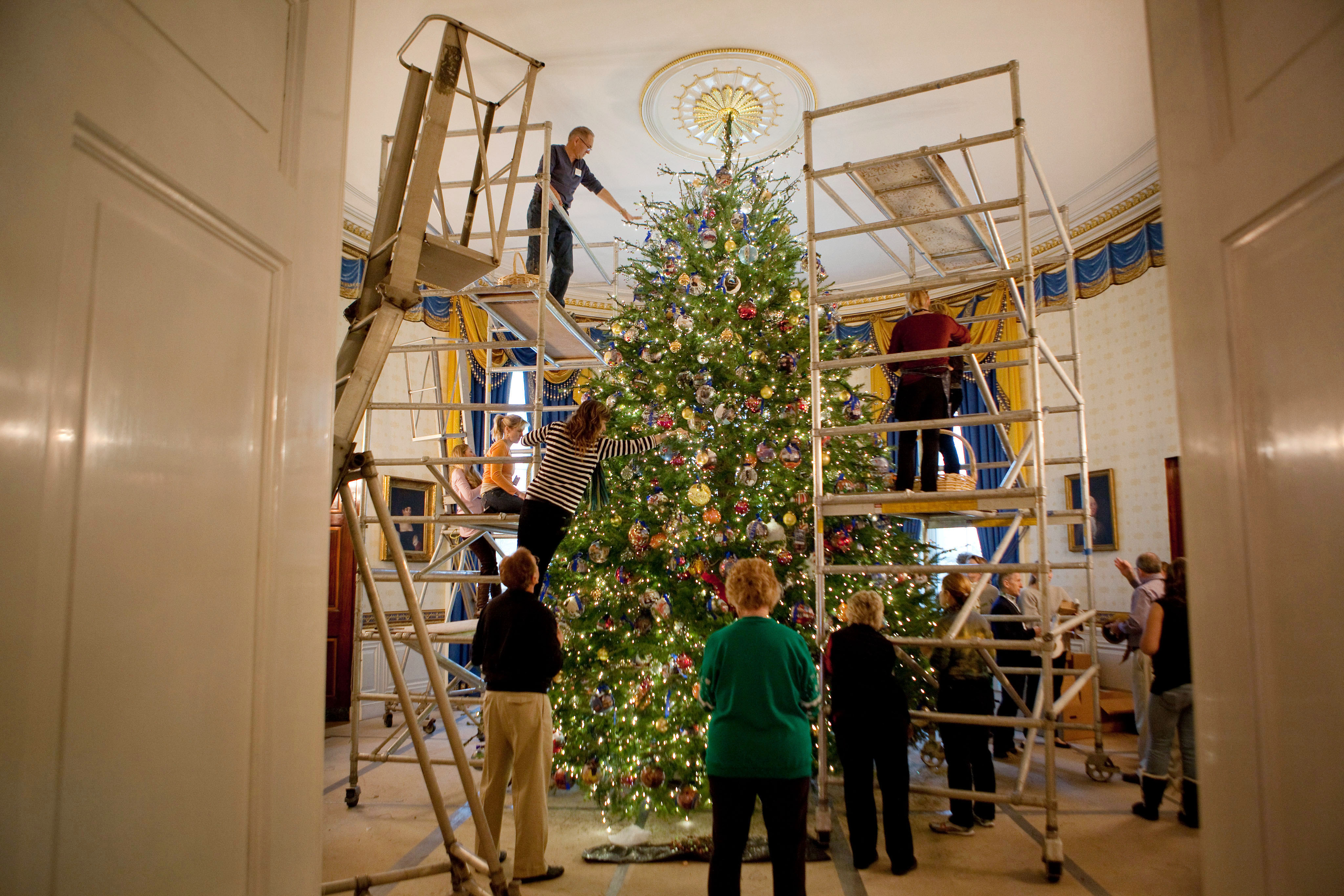 |
| Bring me my smelling salts! Don't they know it's supposed to be INTRANSITIVE??!! |
I was quite surprised to see this on the Australian Ballet's facebook feed:
It was a Brisbane builder who swooned Telstra Ballet Dancer Award nominee Nicola Curry from America to Australia.
"Swoon" used transitively (i.e. with a direct object, "to swoon someone")? How very biza... I mean interesting.
Is this just an Australian thing, I wondered.
Sure enough, I found more Australian evidence: .
|
|
Australia: General
|
|
|
The Idea of North: Ballads by Candle Light -
Brisbane Powerhouse
|
|
|
|
|
Sat 29 Oct 2011 # Come and be
swooned by the
intoxicating harmonies of The Idea of North. This ARIA award winning
group will sing a smooth blend of ballads including songs by The
Beatles, Sting, Joni Mitchell and Stevie Wonder all on a candlelit
stage.
|
|
Australia: Blog
|
|
|
How to talk to the opposite sex - The Age Blogs:
Ask Sam
|
|
|
|
|
2007 2:41 PM . #
Afterall I bet a lot of women are feeling ripped off after being
swooned by
these guys who have done the course on becoming a pick up artist and
find after a short time they have nothing to talk about. # Unless all
you both want is a quick roll in the hay, you will want to be able to
talk for a long time into the future.
Occasional, but very little, US evidence:
. # I have to say that I too
have heard a story exactly like the one described above from my
professor. Women doesn't like Clinton beforehand but when he meets her,
she becomes swooned by him.
I surveyed my helpful international editors' group, and only three Canadians, two Australians, and two Americans were familiar with this usage (compared to hundreds who were not). One Australian opined that it must be the effect of a popular morning radio show called "Swoon". She also mentioned "swoon-worthy", which, however, is not uniquely Australian.
"Swoon" in the literal "lose consciousness" sense comes from an Old English word. But we
don't say to a doctor, “I haven't been feeling well, and I've been swooning a lot”.
Why not? Because the Norman French arrived, and they fainted instead. "Faint" is a fascinating word that originally meant “pretend to be
sick” (it is related to "feign" and "feint").
But, as with many Anglo-Saxon words pushed aside by Norman French interlopers, we didn't get rid of swoon altogether. A very important thing
about English over its history is that it LOVES synonyms.
If you think of "Reduce Reuse Recycle", English has NEVER been into the "reduce" part, but, boy, does it love to reuse and recycle. We kept swoon because apparently at some point in our history
we decided we needed a word that means specifically “faint in particularly
romantic circumstances.”
And now it seems to be taking on another meaning as well. We shall have to keep an eye on it. Let me know if you have ever encountered this usage!
P.S.
If you find the English language fascinating, you might enjoy regular
updates about English usage and word origins from Wordlady. Receive
every new post delivered right to your inbox! SUBSCRIPTION IS FREE! You can either:
use
the subscribe window at the top of this page
OR
(if
you are reading this on a mobile device): send me an email with the
subject line SUBSCRIBE at wordlady.barber@gmail.com
Privacy
policy: we will not sell, rent, or give your name or address to
anyone. You can unsubscribe at any point.



